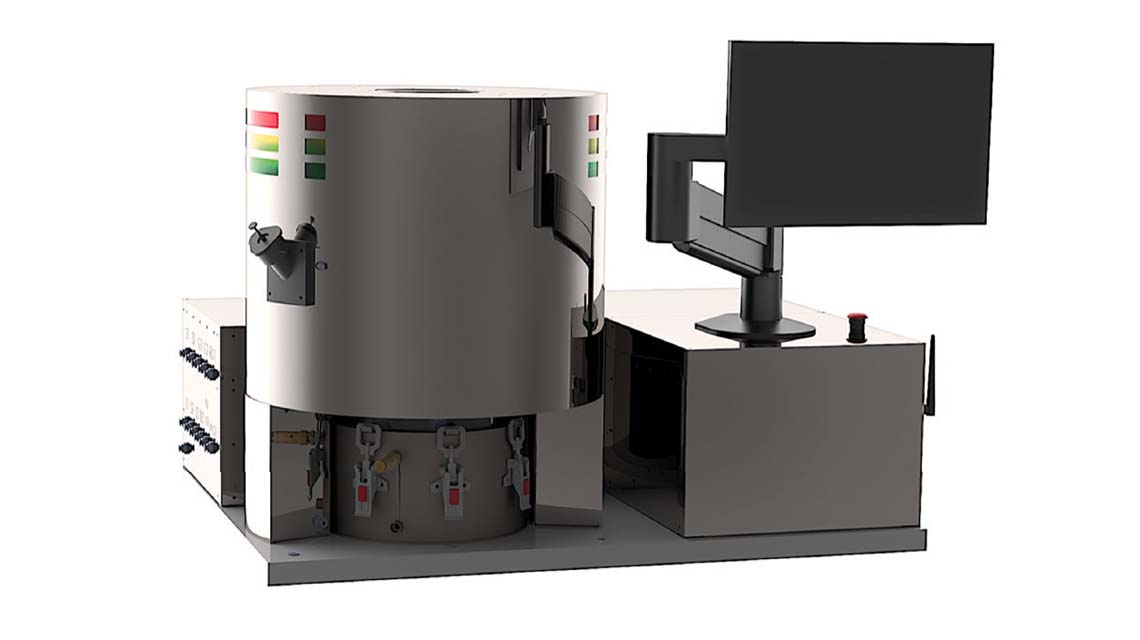In a world where timely and effective drug development can mean the difference between life and death, innovation is the critical currency of the pharmaceutical industry. Enter Katakem, a groundbreaking startup that’s poised to transform the way drugs are developed through its ingenious creation, dubbed the “robot chef.” Founded by organic chemist Manuela Oliverio, Katakem seeks to automate and standardize a traditionally variable and labor-intensive process, ultimately accelerating the journey from molecule discovery to market approval.
The Problem with Traditional Drug Development
Drug development is notorious for its complexity and inefficiency. Only around 12% of drugs that enter clinical trials ever receive FDA approval, highlighting a significant hurdle in transforming research breakthroughs into marketable treatments. The financial stakes are equally daunting, with research and development (R&D) costs often soaring past the $1 billion mark. A considerable part of these expenses stems from inaccuracies and inconsistencies in the early phases, where human error can lead to variable outcomes. As Oliverio discovered, the inconsistencies in test results were directly related to the chemist producing the molecules—a fundamental issue that cries out for automation.
Introducing OnePot: The Robot Chef
Katakem’s innovative solution, the OnePot, brings a pioneering approach to the chemistry lab. This robotic device can execute chemical reactions with remarkable precision and reliability, conducting 150 data collection sessions every second. By automating mundane tasks such as heating, mixing, and cooling, OnePot allows chemists to focus on higher-level analysis and decision-making.
According to Oliverio, “Through data, we can help companies develop new life-saving drugs faster and, of course, this means higher revenues and better margins for them.” This data-driven approach results in cleaner and more dependable outcomes, which is essential for regulatory processes. The implications of this technology extend far beyond mere convenience; it could represent a transformative leap in the efficiency of drug development, leading to quicker identification of viable candidates and, potentially, significant cost savings.
The Competitive Landscape
Competition in the realm of lab automation and robotics is heating up. Companies like Automata and Kebotix are also developing technologies aimed at expediting various laboratory processes. Automata recently raised $50 million to enhance its robotic solutions, while Kebotix is focused on AI-powered tools to streamline chemical discovery. Not to be overlooked, Artificial provides automation platforms that serve the life sciences R&D sector.
Despite the competitive landscape, Oliverio expresses confidence in Katakem’s approach and its potential market reach. With already promising financial expectations—projected annual recurring revenue of $350,000 by the end of this year and aspirations for $3 million by 2023—the company is actively seeking chemists for beta testing OnePot in both corporate and academic settings. The goal is to collect invaluable data to train a robust algorithm for recommending innovative and sustainable molecular development methods.
Looking Ahead: Opportunities and Implications
As Katakem continues to refine its technology and engage its customer base, the opportunities for improving drug development processes are staggering. By ensuring that the drug development pipeline is not only faster but also more reliable, Katakem stands to make an indelible mark on the pharmaceutical industry. Moreover, this innovation aligns with the growing emphasis on data-driven methodologies in various sectors, indicating a broader trend towards automation in research and development.
At fxis.ai, we believe that such advancements are crucial for the future of AI, as they enable more comprehensive and effective solutions. Our team is continually exploring new methodologies to push the envelope in artificial intelligence, ensuring that our clients benefit from the latest technological innovations.
Conclusion
In conclusion, Katakem’s journey represents a significant advancement in overcoming some of the most persistent challenges in drug development. By embracing the capabilities of automation and robotics, Katakem is not only addressing existing problems but also redefining the future landscape of pharmaceutical research. By enabling greater consistency and efficiency in drug development, the “robot chef” may ultimately lead to a new era of faster and more reliable breakthroughs in medicine.
For more insights, updates, or to collaborate on AI development projects, stay connected with fxis.ai.

